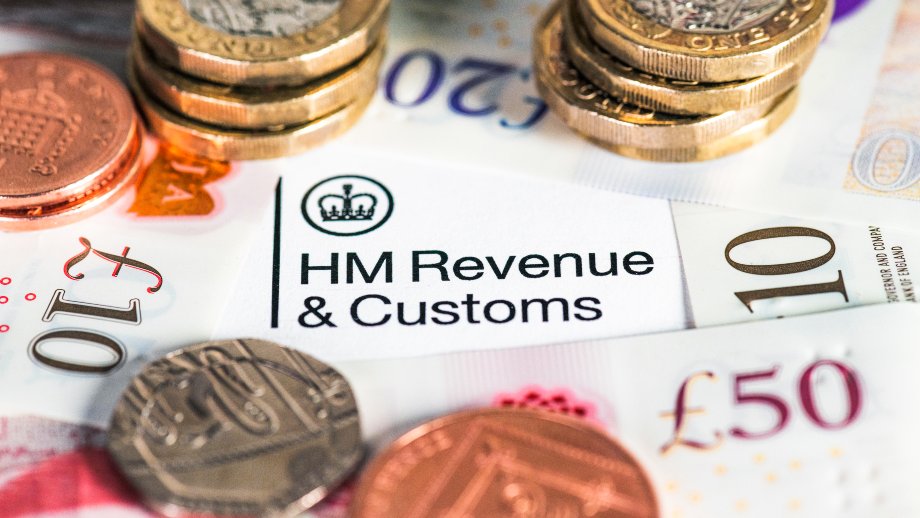-
The capital gains tax (CGT) rules in the United Kingdom apply to the profits made when you sell or dispose of an asset that has increased in value. The amount of tax you pay depends on various factors, including your income, the type of asset, and the gains you've made.
-
Here are some key points about CGT in the UK:

Tax Rates:
The rates of CGT depend on your overall income and the type of asset you are selling. As of the 2021/2022 tax year, the standard rates for individuals are as follows:
- 10% for basic rate taxpayers (income up to the basic rate threshold)
- 20% for higher rate and additional rate taxpayers (income above the basic rate threshold)

Annual Exempt Amount:
Each individual has an annual tax-free allowance called the Annual Exempt Amount. For the tax year 2021/2022, this amount is £12,300. Gains below this threshold are not subject to CGT.
-
Calculation of Gains:
To calculate your capital gains, you subtract the cost of acquiring and improving the asset from the amount you received when you sold or disposed of it.
-
Allowable Deductions:
Certain costs related to acquiring, improving, and selling the asset can be deducted, such as estate agent fees, solicitor fees, and costs of improvement works. However, you cannot deduct regular maintenance costs.
-
Exempt Assets:
Some assets are exempt from CGT, including your main residence, personal belongings worth £6,000 or less, and certain government securities.
-
Reporting and Payment:
If you are liable for CGT, you generally need to report it in your self-assessment tax return. The tax is due by the self-assessment payment deadline, which is January 31st following the tax year in which the gains were made.
-
Please note that tax regulations can change over time.
-
We recommend consulting with us as qualified tax professional or referring to the latest guidance from HM Revenue and Customs (HMRC) for the most up-to-date and accurate information on capital gains tax in the UK.

